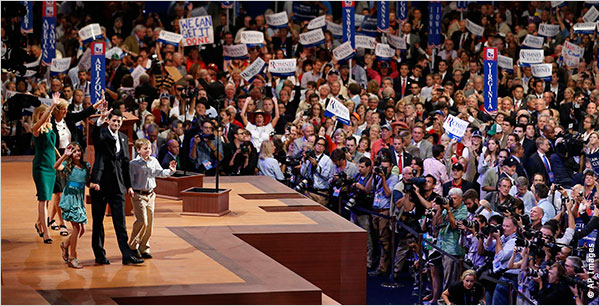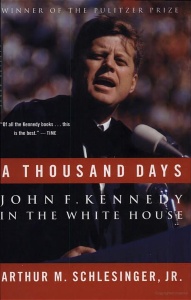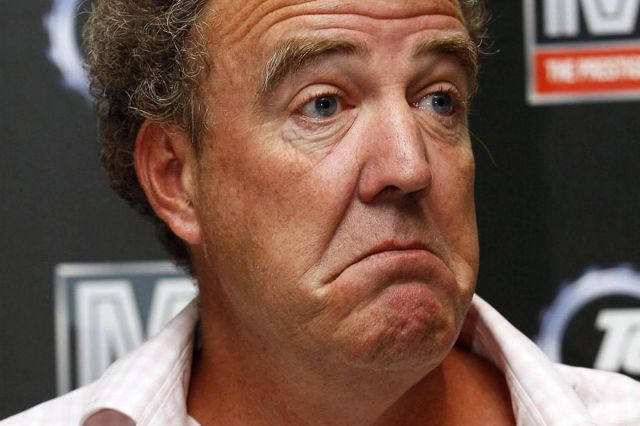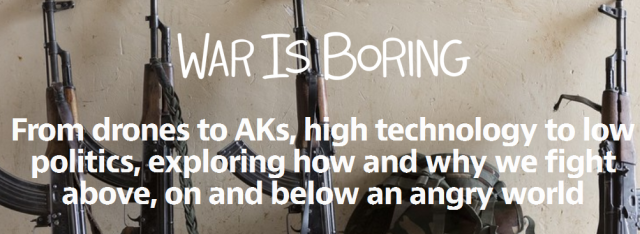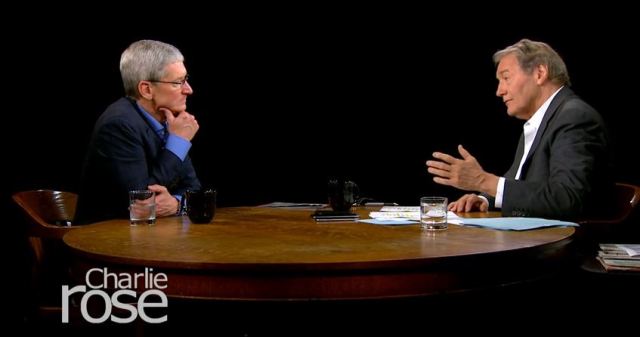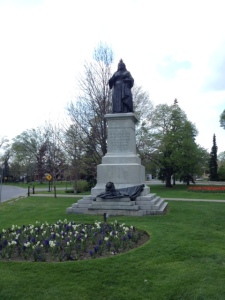Although much of it may appear archaic and unnecessarily complicated to the uninitiated at first glance, it has been my experience that the vast majority of legal theory is simply common sense, writ large. The concept of due diligence is one with which any lawyer worth his salt is well acquainted. According to Black’s Legal Dictionary (I’m working from my father’s 1968 edition, and although I trust that the spirit of the definition will have remained largely unchanged, you’ll have to forgive any minor discrepancies), due diligence is defined as: “Such a measure of prudence, activity, or assiduity, as is properly to be expected from, and ordinarily to be exercised by, a reasonable and prudent man under the particular circumstances; not measured by any absolute standard, but depending on the relative facts of the special case.”
This cumbersome definition is easily distilled into a single word: responsibility. For practicing lawyers, this means taking the necessary time and spending the required effort to arrive in court well briefed on the details of the case at hand, and ensuring that they’re ready and able to be the best possible advocate for the interests of their client.
Although law and journalism are two very different professions, it is my belief that the pair share many core principles and values in common; not least among which may be counted fairness, transparency, and the pursuit of Truth – however abstract that final notion might seem, at times, to be. The practice of due diligence is therefore vital to preparing ourselves to be good journalists; ready to keep the faith with the public interest and to earn the trust of the society we serve. Just as a capable lawyer would never dream of showing up in court without having studied the case file and carefully crafting his argument, so too would no responsible journalist ever publish content without first conscientiously gathering facts and evaluating existing ideas about the subject at hand.
I would go so far as to say that the importance of due diligence in a journalistic sense is nowhere more significant than in the field of foreign reporting. As a young journalist, to deploy to an unfamiliar land without first having adequately prepared risks not only the quality of your work – it could also jeopardize your personal safety. Having completed only a single year in journalism school, and a mere three months in a foreign reporting class, I would not presume myself to be in a position where I can offer seasoned advice to other young reporters – but I’m able to emphasize what I’ve heard repeatedly this year from more experienced foreign correspondents.
When it comes to physically preparing to head abroad, there’s no such thing as excessive care or redundancy. From items as essential as batteries for your equipment, to something as imperative as your passport, it’s never a bad idea to bring a backup. Planning is similarly important – where possible, arrange for trusted local guides, or ‘fixers,’ to be on hand to assist with travel routes, languages, and other cultural necessities. Never travel too far alone without telling someone where you’ll be, and when you plan on returning. If you’re a member of a larger news organization, this could be your bureau or local desk, but if you’re freelancing, make sure to keep trusted friends or colleagues in the loop. And this last little bit of advice regarding physical preparation is rather dark, but important nonetheless: make sure you’ve got an up-to-date last will and testament… especially if headed to an active combat zone. To refer back to my opening remarks, much of this sort of due diligence is common sense, but everyone knows how it can be all too easy to forget details in the excitement of travelling. Always take the time to prepare adequately.
Personal safety is one thing – professional integrity is another. This past term, I’ve listened to multiple experts bemoan the alleged weaknesses inherent in ‘parachute journalism.’ This term can be broadly defined as the tendency of some news organizations to drop a non-specializing reporter into a territory when news flares up, and then extract him or her as soon as things settle down again. Recent examples of this behavior include this past summer’s Israeli operation in Gaza, and the ongoing Ebola outbreak in West Africa. Particularly in this day and age, when cultural relativism is all the rage, many media watchdogs decried mainstream coverage of these unfortunate events as insensitive and out of context, as talking heads flew in from around the world to report on the suffering of the people who were caught up in events.
We’ve had a number of interesting discussions this year concerning just how much context a news organization should be giving when covering foreign news. It’s my own belief that a reporter’s job is not to give deep historical or cultural context to every single story they produce – we are journalists, not academics. Our job is to cover the news, pure and simple, and not to concern ourselves with trying to influence how the public contextualizes or perceives this information. However, this is not to argue that, as journalists, we are entirely free of a responsibility to be aware of the context of the news we report on. This again takes us back to the importance of adequate preparation and due diligence. Today’s stark reality is that most news organizations simply don’t have the budgets necessary to maintain a wide range of permanent foreign bureaus. If news is to be gathered and reported back, ‘parachute journalism’ is, now more than ever, often the only way of getting a pair of eyes and ears on the ground in any given country at any given time. If, as a young foreign reporter, you find yourself in this position – take the time to absorb what you’re able to about the context of the developing situation. Try to understand who’s angry or suffering, and why. Be aware of the history and culture of wherever you may find yourself. View your subjects for what they are – people. Be compassionate, and respect humanity in all of its colours and creeds.
No – this is not to say that every single article you publish, segment you air or report that you broadcast must be prefaced by a deep and comprehensive historical or cultural survey of the region and its people. But if you take the time to be aware, to the best of your ability, of what’s going on around you and why, this diligence will shine through in the tone of your reporting.
Life is rarely – if ever – black or white. Being appreciate and respectful of your hosts will make room for nuance in your reporting, and will enable you to be a better documentarian of the human condition, wherever you might find yourself. And in my mind, that’s our job. That’s what journalism should be all about.


